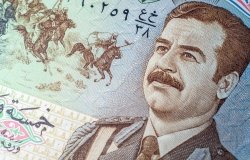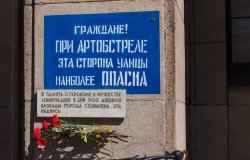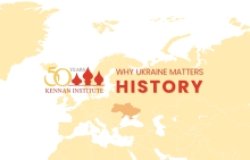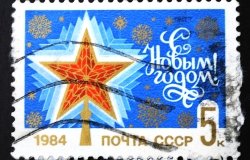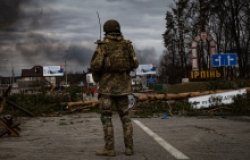From Challengers to Partners? Relations Between Human Rights NGOs and their Home Governments from the 1970s on
The concept of human rights acquired global significance during the 1970s, spurred by the activities of a growing number of non-governmental organizations (NGOs) responding to state repression in Chile, South Africa, the Warsaw Pact states, and elsewhere. Key interlocutors for NGOs like Amnesty International and Helsinki Watch were their home governments, whom they influenced through a combination of public campaigning and private lobbying. Crucially, it seems that during this period human rights NGOs experienced a trajectory from ‘outsider’ to ‘insider’ status. Does this mean that they paid a costly price for their newfound influence, namely abandoning their original ‘apolitical’ appeal and becoming less impartial and independent? Or should we understand this to be their success in transforming the character of international politics?
Overview
How did human rights achieve their present prominence? The concept of human rights acquired global significance during the 1970s, spurred by the activities of a growing number of non-governmental organizations (NGOs) responding to state repression in Chile, South Africa, the Warsaw Pact states, and elsewhere. Key interlocutors for NGOs like Amnesty International and Helsinki Watch were their home governments. Through a combination of public campaigning and private lobbying, NGOs contributed to the integration of human rights into the foreign policies of the United States, Britain, the Netherlands, and other states. Increasingly, states proved willing to criticize each other’s domestic policies on grounds of human rights, contradicting doctrines of state sovereignty and non-intervention.
The dynamics of the rise of human rights have only recently begun to receive in-depth attention from historians. Traditionally, the current prominence of human rights has been seen as a consequence of World War II and the Holocaust, a view that is simplistic at best. Tracing the evolution of the concept through the 1970s and 1980s allows us to see how different actors shaped its meaning, from a means for transcending Cold War dichotomies to a Western weapon in the ‘second Cold War’. Crucially, it seems that during this period human rights NGOs experienced a trajectory from ‘outsider’ to ‘insider’ status. Does this mean that they paid a costly price for their newfound influence, namely abandoning their original ‘apolitical’ appeal and becoming less impartial and independent? Or should we understand this to be their success in transforming the character of international politics?
Bastiaan Bouwman is a junior scholar with the Wilson Center’s History and Public Policy Program. He is currently a graduate student in the Research Master’s program in History at the University of Amsterdam, and is preparing for his Ph.D. research on relations between human rights NGOs and their home governments in Britain and the Netherlands, 1968-1983.
Speaker
Bastiaan Bouwman
History MA (research), University of Amsterdam, Faculty of Humanities
Hosted By

History and Public Policy Program
The History and Public Policy Program makes public the primary source record of 20th and 21st century international history from repositories around the world, facilitates scholarship based on those records, and uses these materials to provide context for classroom, public, and policy debates on global affairs. Read more
Thank you for your interest in this event. Please send any feedback or questions to our Events staff.




